As temperatures rise, so does the risk of heart problems
A Kaiser Permanente cardiologist shares advice on how to stay safe, what to watch for, and when to seek medical care.
People with cardiovascular disease are at greater risk.
Average temperatures are rising around the world. That could mean an increased risk of heart problems for people with certain medical conditions, according to Malini Nadadur, MD, a Kaiser Permanente cardiologist in Northern California.
“High temperatures can really increase the effects of cardiovascular risk on our patients,” she said.
Dr. Nadadur shared tips on how to keep cool and protect yourself during hot weather.
Who is most susceptible to extreme heat, and why?
According to the Environmental Protection Agency, the interaction between heat and cardiovascular disease contributes to about a quarter of heat-related deaths. People with preexisting cardiovascular disease — including prior heart attack, heart failure, and irregular heart rhythms ― are most at risk.
What is the body’s response?
On hot days, your body has to work harder to regulate its temperature, which puts a bigger burden on your cardiovascular system. The most common result is heat exhaustion or heat stroke. In more extreme cases, people may have heart attacks, heart arrhythmias (irregular heartbeat), or heart failure.
People with cardiovascular disorders may take medications such as beta blockers and diuretics that further hinder their ability to effectively manage heat.
How hot is too hot?
There is no exact temperature that defines “too hot” because it depends on many factors. If you feel overly hot, your body is telling you to get out of the heat. During prolonged days of extreme heat, more people are admitted to hospitals with heart attacks and other cardiovascular conditions.
How can you head off a heat and heart health crisis?
First, always listen to your body. If it says you are hot, you need to take action. Be aware of how long you are in the heat and how much you’re exerting yourself.
- Keep your temperature low by getting out of the sunlight and going someplace cool. Lower your temperature with a cool shower or bath.
- Stay hydrated. Once you start feeling the heat, drink an 8-ounce glass of water every 20 minutes. If you’re thirsty, that’s your body signaling that you are already becoming dehydrated, and that strains your cardiovascular system. Avoid alcohol or drinks with excessive amounts of caffeine or sugar.
- Dress in light-colored and loose-fitting clothing. Wear a hat, sunglasses, and sunscreen when outdoors.
- Watch for the symptoms of heat-related illnesses. The first is typically a headache. Others include dry mouth, dizziness, decreased urination, fatigue, confusion, and heart palpitations. Chest pain is a sign of a heart attack.
- If you’re having these symptoms and things don’t feel right, be proactive in seeking medical help immediately.
How can you exercise in spells of extreme heat?
You can still stay fit when temperatures rise. Try walking in the early morning or evening when temperatures are cooler, working out in an air-conditioned gym, swimming indoors or outdoors with a sun covering, or walking in an indoor mall or a superstore.
The more you know and listen to your body, the more confident you can feel in staying healthy in the heat.
-
Social Share
- Share As Temperatures Rise, So Does the Risk of Heart Problems on Pinterest
- Share As Temperatures Rise, So Does the Risk of Heart Problems on LinkedIn
- Share As Temperatures Rise, So Does the Risk of Heart Problems on Twitter
- Share As Temperatures Rise, So Does the Risk of Heart Problems on Facebook
- Print As Temperatures Rise, So Does the Risk of Heart Problems
- Email As Temperatures Rise, So Does the Risk of Heart Problems

April 25, 2025
Treating the heart and lungs together for a rare disease
With her medical teams working together, Sirina Hazeem is getting her life …
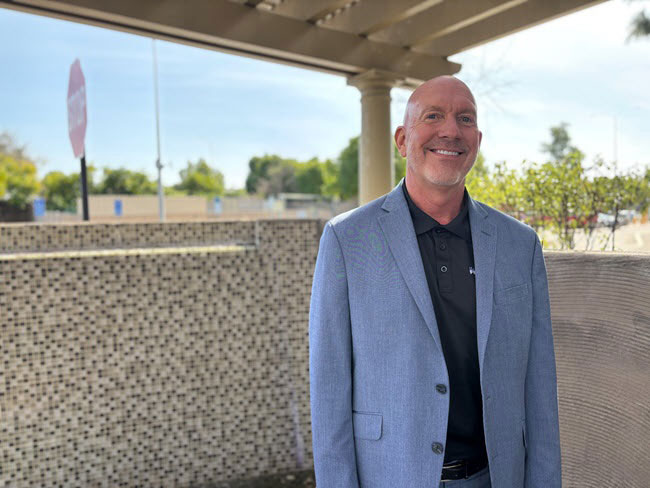
February 27, 2025
‘The heart attack that saved my life’
A sudden heart attack led Mark Twichel to seek care at Kaiser Permanente …

February 21, 2025
Broken heart syndrome: What to know
NPR

February 18, 2025
I just need a chance
Billy Cardosi spent his life putting his family and job first. Then a heart-rela …
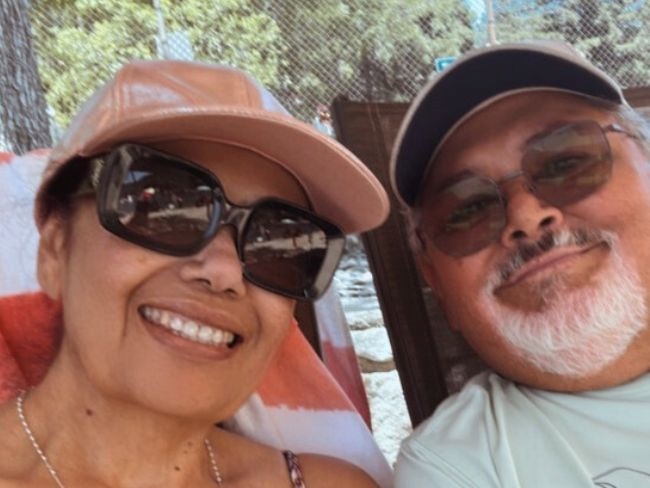
February 3, 2025
From a routine appointment to a cardiac crisis
An irregular heartbeat revealed that Enrique Medina had a serious heart …

January 29, 2025
A happy heart is a healthy heart
A cardiologist offers tips to help you improve your health and prevent …
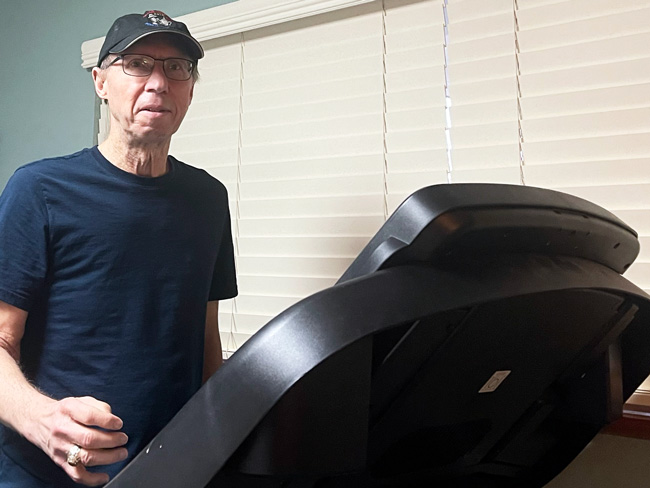
January 15, 2025
After surgery, home was where his heart was
Virtual cardiac rehabilitation offers Mike Erskine a convenient, safe way …

November 26, 2024
How to reduce your risk of stroke
A Kaiser Permanente doctor and researcher shares the simple changes you …
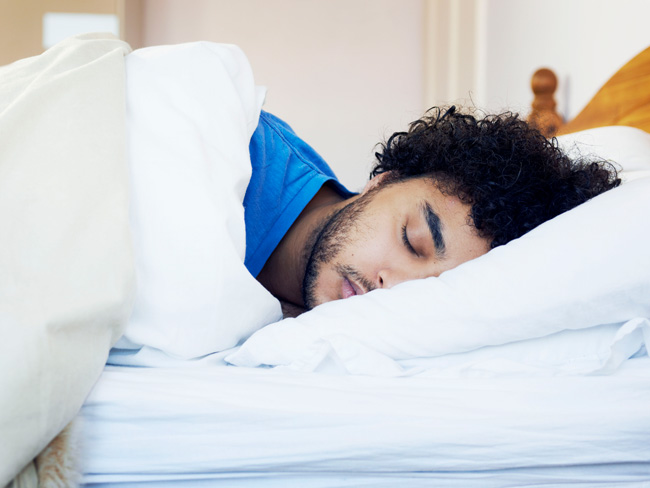
October 29, 2024
How poor sleep can hurt your heart
An interview with Kaiser Permanente sleep expert Clarisse Glen, MD, sheds …

October 29, 2024
That’s not tennis elbow
A Kaiser Permanente physician thought he pinched a nerve during a tennis …
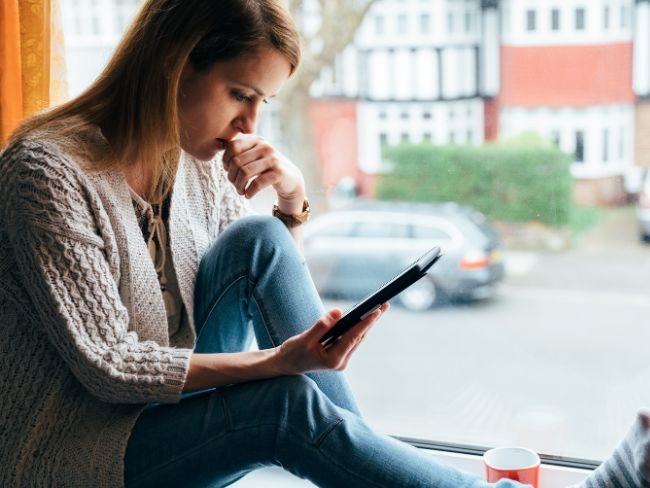
October 23, 2024
Doomscrolling? It may affect your heart.
Endless bad news is just one fingertip away online. One Kaiser Permanente …

October 1, 2024
From depression to connection: Older adult finds her way
After a long period of loneliness and isolation, Roberta Maguire gets the …

September 6, 2024
Navigating a world turned upside down after heart failure
After a life-threatening series of heart attacks at age 57, Bunnell Fockler …

August 15, 2024
Back home one day after heart surgery
Ed Dalmasso needed an aortic valve replacement. His care team provided …

July 10, 2024
We help members lower their risk of heart attacks and strokes
A Southern California program, powered by our connected care model, is …
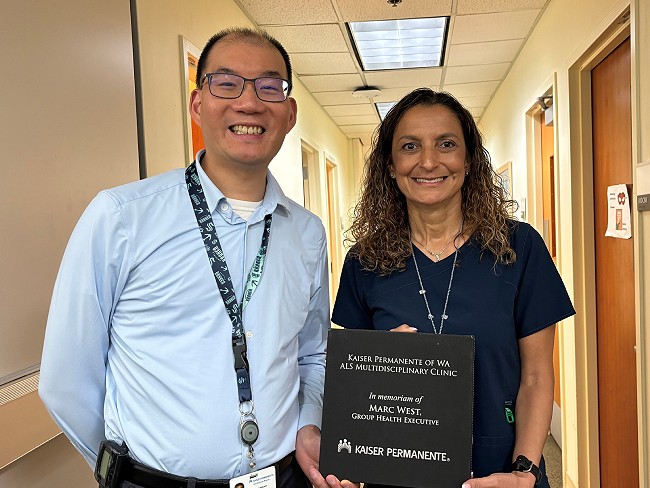
May 1, 2024
Tacoma ALS clinic recognized for high-quality care
Patients with amyotrophic lateral sclerosis, also called Lou Gehrig’s disease, …

April 8, 2024
Reducing inequity with fruits and vegetables
Black Americans experience worse health outcomes compared to other populations. …

March 29, 2024
Faster recovery: From cardiac scare to exploring Italy
Virtual cardiac rehab helped Mike Kelly heal at home after a life-threatening …
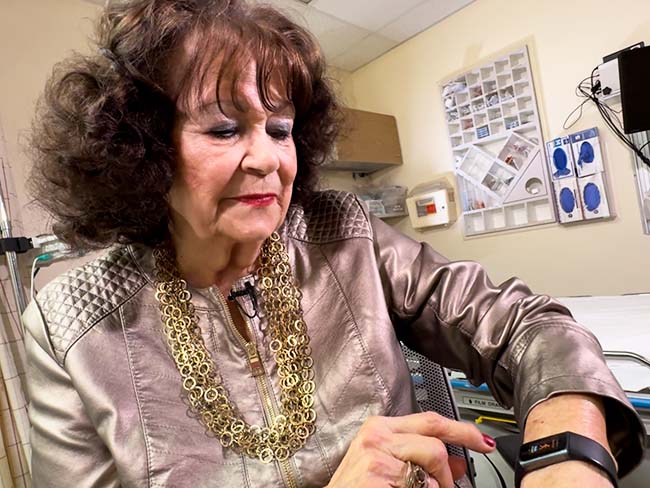
March 12, 2024
In-home recovery restores harmony to life
Colorado musician back with the band thanks to new virtual cardiac rehab …

March 6, 2024
Are you dreading the spring season?
A new Kaiser Permanente facility in Bellflower, California, makes customized …

February 22, 2024
The journey of a lifetime
Care teams at Kaiser Permanente Fontana Medical Center helped Phillip Crawford …

February 21, 2024
From planning his funeral to celebrating his wedding
Gabriel Abarca had no hope for his future. Then the team at Kaiser Permanente …
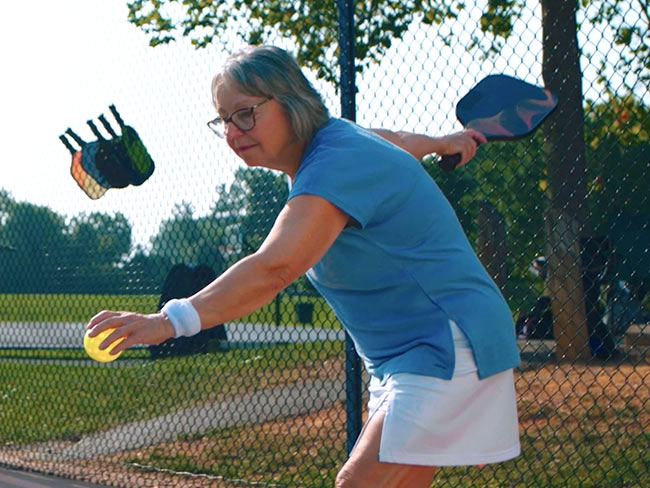
January 26, 2024
Retiree back in the swing of things after heart procedure
Tookie Gentilcore returns to enjoying life thanks to a quick, safe method …

January 17, 2024
How diabetes can affect your heart
People with diabetes are more likely to have heart disease.
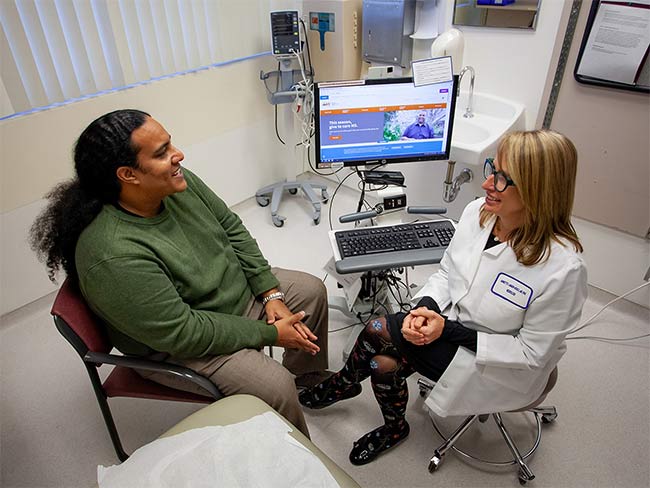
December 20, 2023
Research transforms care for people with multiple sclerosis
Our researchers are leading the way to more effective, affordable, and …
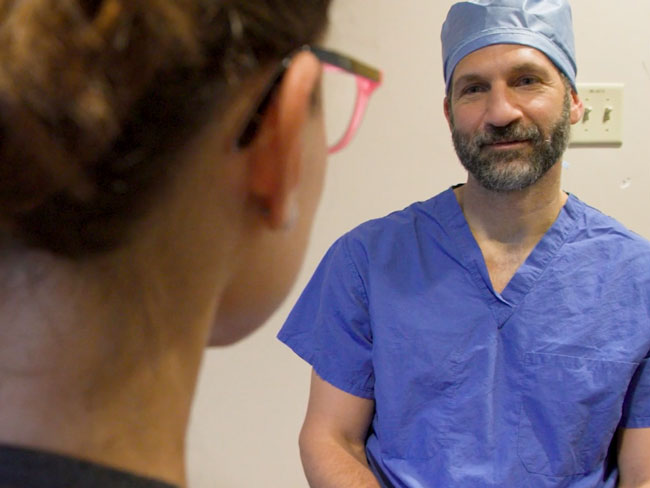
December 19, 2023
Life-changing care for patients who experience strokes
In Oregon, our stroke teams are providing patients with industry-leading …

November 17, 2023
Expert advice on keeping your heart healthy
Dr. Yong Shin shares how people with heart disease can live longer, while …

November 16, 2023
Providing a bridge to heart transplant
The use of a ventricular assist device implant gives one Oregon woman the …
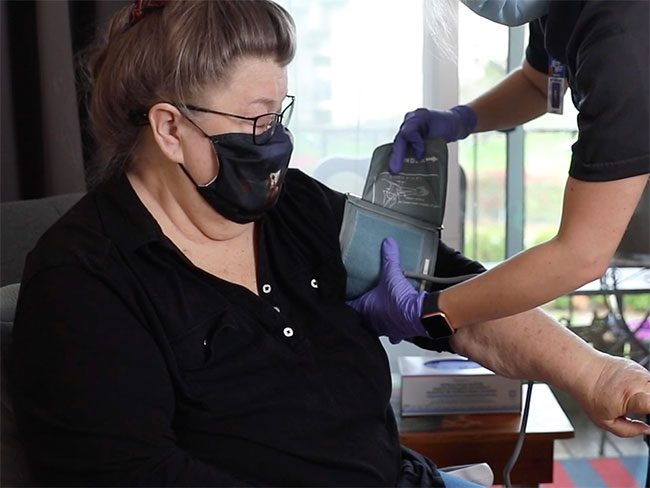
November 15, 2023
Care at home: Giving patients what they want
Our Advanced Care at Home program provides high-quality, safe care in familiar, …
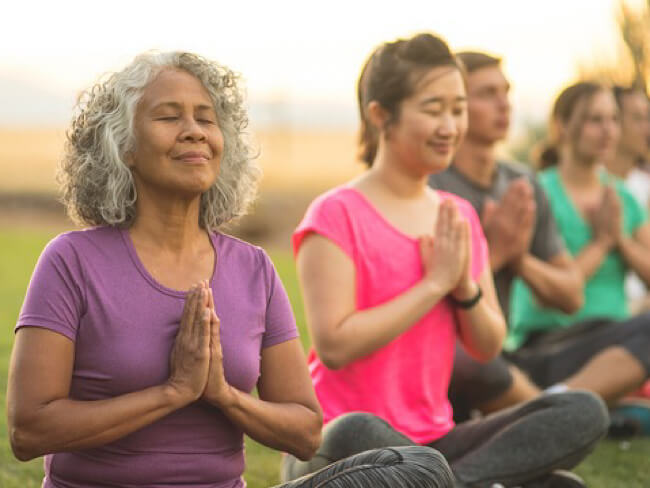
November 13, 2023
Take a deep breath (we can help with that)
It’s never too late to quit smoking. At Kaiser Permanente, we can help …

September 20, 2023
Healing after a heart attack
For years, serious heart attacks meant hours of weekly appointments. Now, …
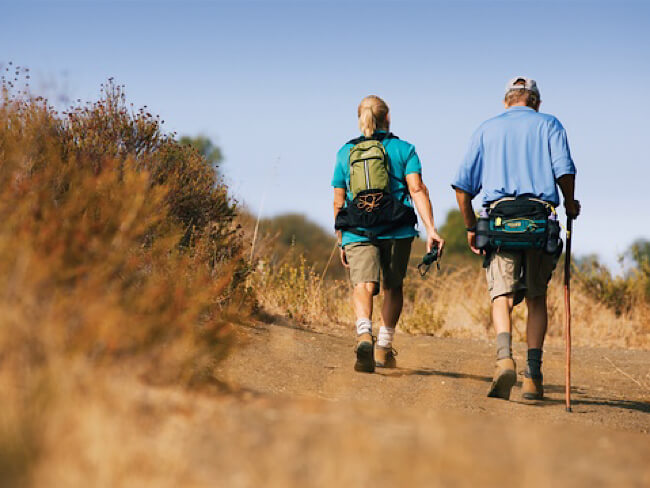
August 18, 2023
Protect your heart when temperatures soar
Excessive heat and pollution can increase your risk of experiencing dangerous …

August 17, 2023
Beyond clinic walls: Research supporting healthy communities
Stories in the Department of Research & Evaluation 2022 Annual Report demonstrat …

June 15, 2023
Stay safe while having fun in the sun
Tips for preventing sunburn and decreasing the risk of skin cancer.
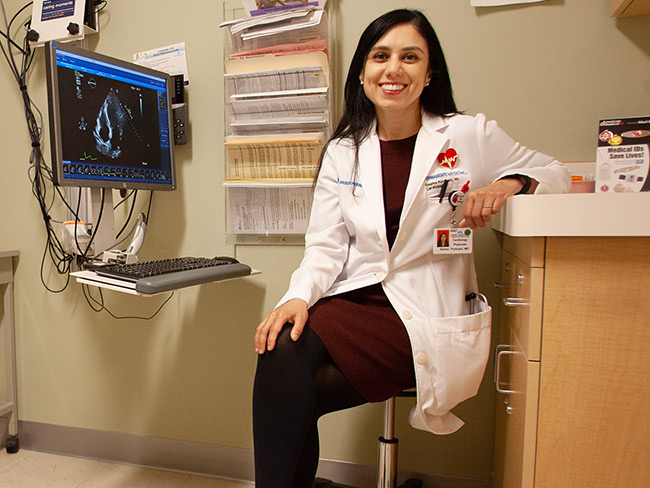
June 14, 2023
5 easy ways to reduce heart disease risk
A reminder that men and women can assert control over risk factors that …

June 2, 2023
Worth knowing the warning signs
Kaiser Permanente member Debbie Hoisch encourages people to know the warning …

May 25, 2023
Grateful for the gift of speech
After experiencing a stroke, K-9 handler Lameka Bell regained near-total …

May 2, 2023
Hawaii hospital named one of America’s best stroke centers
Kaiser Permanente Moanalua Medical Center recognized by the Women’s Choice …

March 6, 2023
Living with long COVID
From avid snowboarder to chronically ill patient. How Kaiser Permanente …

February 28, 2023
A conversation about pregnancy and women’s heart health
New research shows blood pressure patterns early in pregnancy can identify …

February 24, 2023
Current air pollution standards tied to higher heart risks
Kaiser Permanente study of 3.7 million adults provides support for strengthening …

February 1, 2023
Her heart was telling her something wasn’t right
When a Kaiser Permanente member discovered she had an irregular heartbeat …

January 18, 2023
Speed saves lives: Fast stroke treatment key to survival
When a stroke happens, minutes matter, and Kaiser Permanente treats strokes …

November 14, 2022
It’s time to rethink health care quality measurement
To meaningfully improve health equity, we must shift our focus to outcomes …

September 27, 2022
A heart saved
When Rong Fang had a life-threatening heart attack, specialists at 2 Kaiser …

Dark chocolate bark with pistachios and dried cranberries
You can make this healthy, holiday-worthy dessert any time of year!

November 3, 2021
Hawaii hospital named one of America’s Best Stroke Centers
Kaiser Permanente Moanalua Medical Center recognized by the Women’s Choice …

August 13, 2021
Remote patient monitoring improves care for chronic disease
If you have a chronic condition such as high blood pressure or diabetes, …
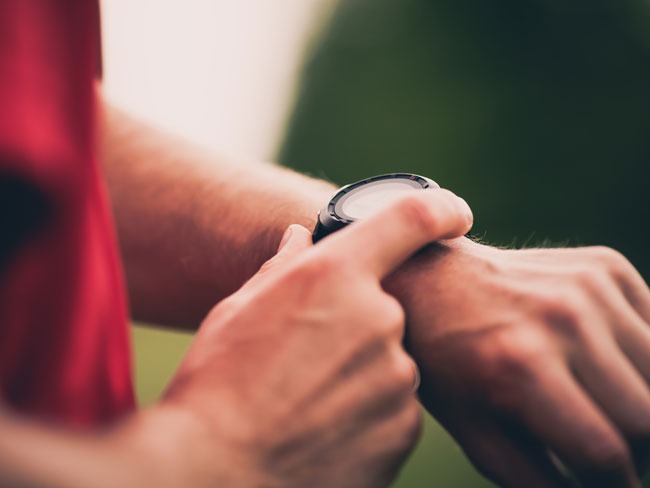
July 30, 2021
Pairing doctors with your devices for improved health
Wellness and fitness-tracking devices can help doctors and patients coordinate …

February 4, 2021
A passion for the practice of cardiology
Dr. Chileshe Price shares her commitment to advancing cardiac care through …

September 30, 2020
Cardiac care in the time of COVID-19
Skilled care and thorough infection-prevention protocols kept Eleanor Gorman …
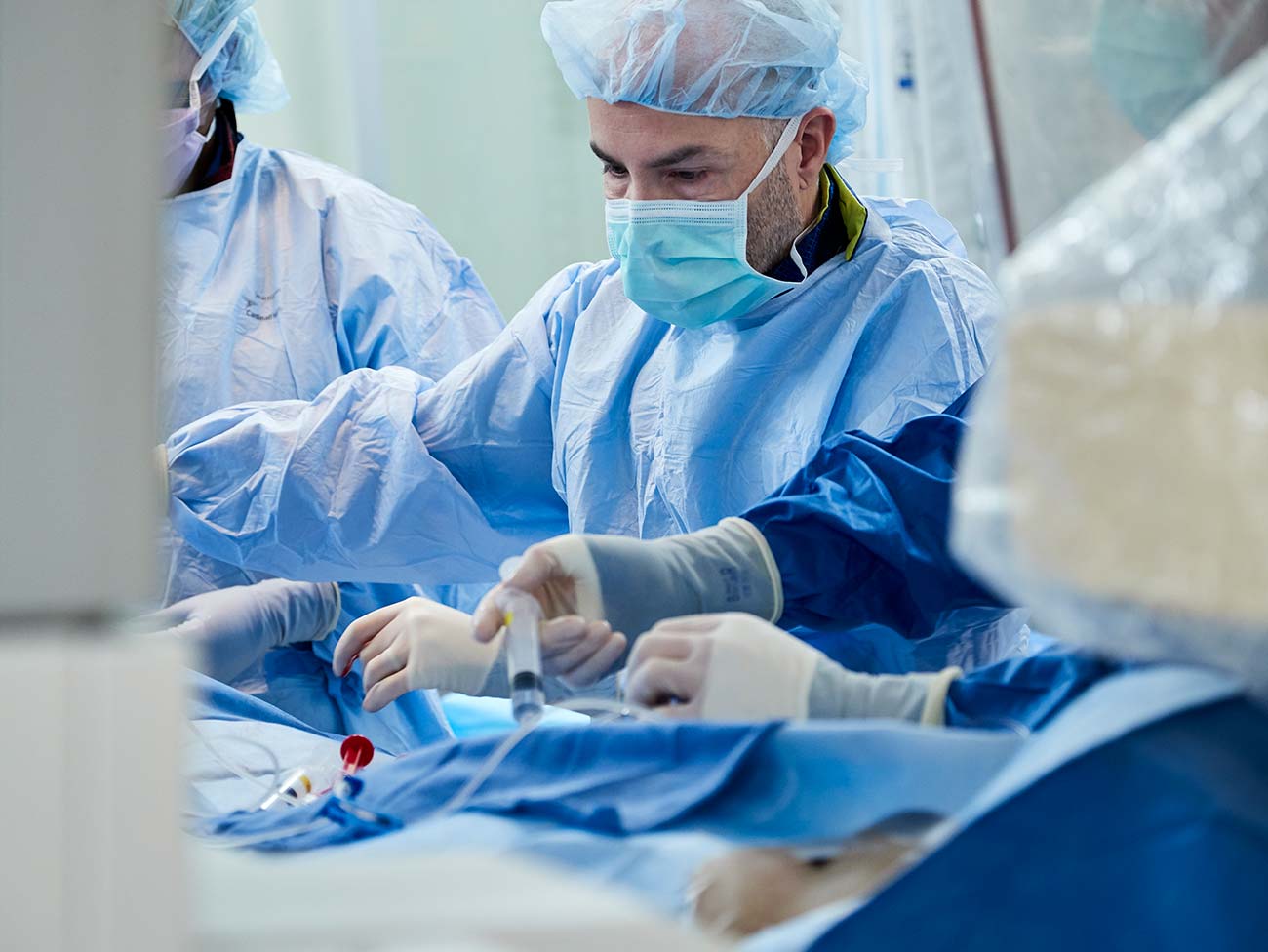
August 19, 2020
Stroke care you can count on
Kaiser Permanente hospitals were again recognized by the American Heart …

Curried rice and artichoke salad
This simple, heart-healthy recipe is plant-based with an international …

May 19, 2020
Large decrease in hospitalized heart attack patients
New Kaiser Permanente research backs anecdotal reports that people are …
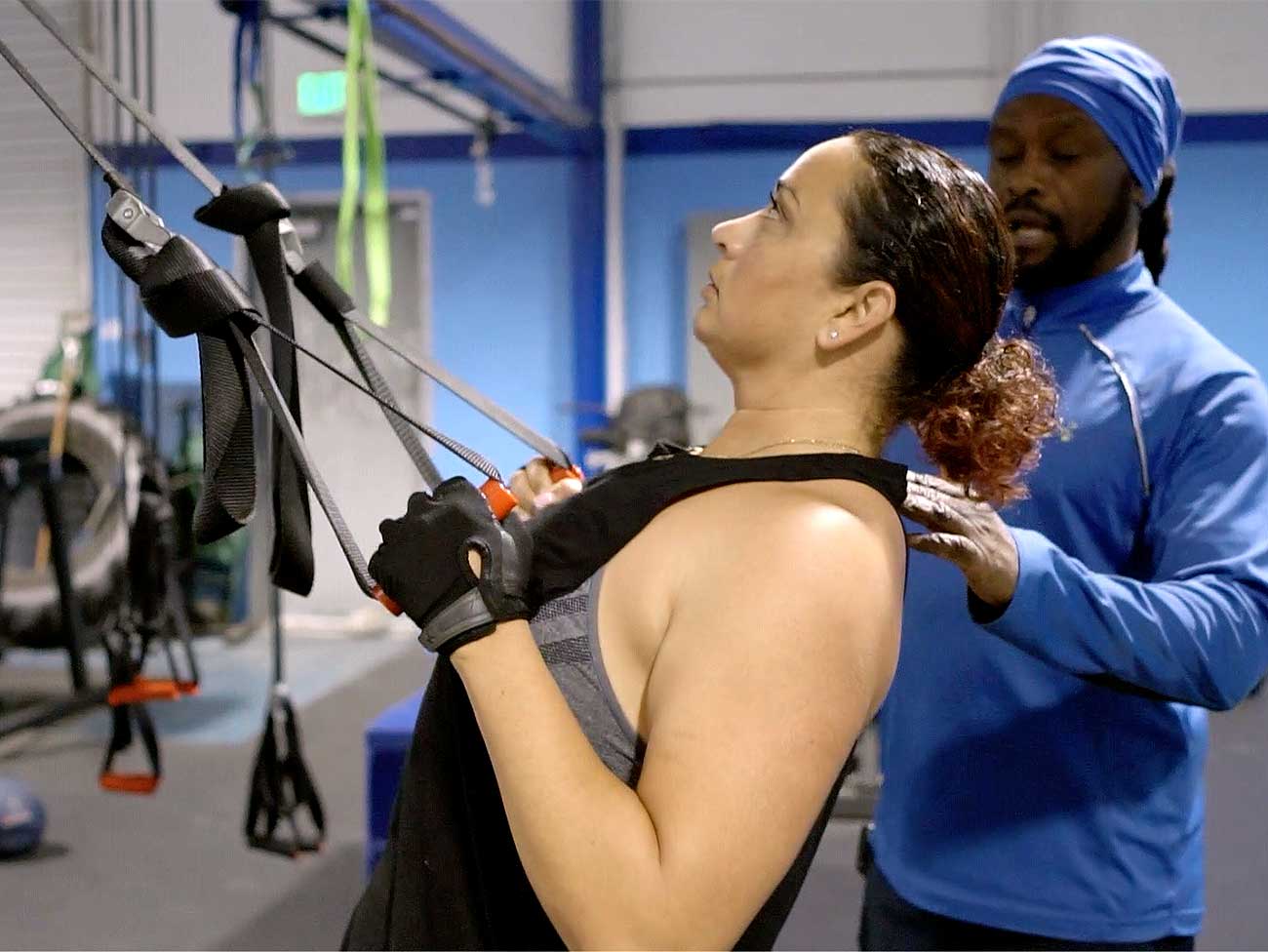
February 20, 2020
Bringing healing home with virtual cardiac rehabilitation
Michelle Wofford gets a new lease on life after a serious cardiac event.

'Instant' chocolate pudding
Try this recipe for a rich and satisfying chocolate fix.